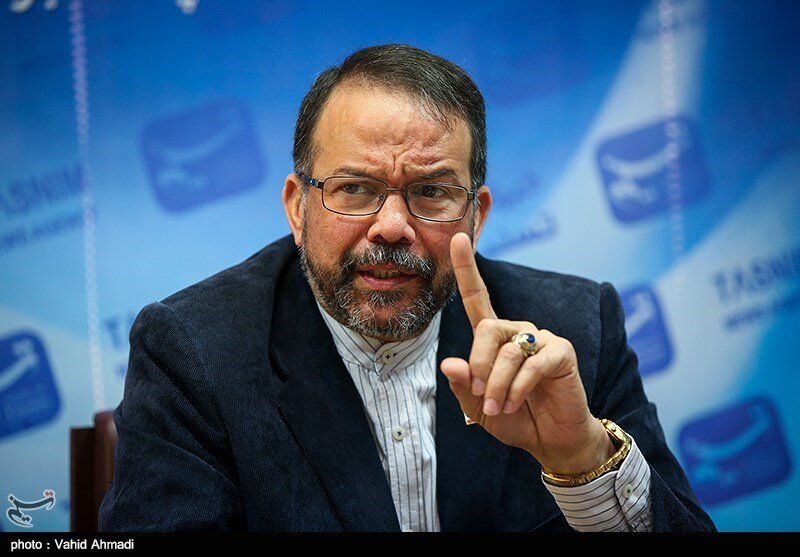Venezuelan envoy advises Iran against ‘talks under pressure’

TEHRAN – The Venezuelan Ambassador to Tehran, Carlos Antonio Alcala Cordones, has advised the Islamic Republic against entering talks with the United States under the pressure of sanctions, saying Washington is after undermining independent countries.
The White House is pursuing plots to dominate the independent states and plunder their energy resources, Cordones said, the Tasnim news agency reported on Sunday.
He said the U.S. has imposed sanctions on both Iran and Venezuela and tries to undermine the nations that advocate progress.
Elsewhere in his remark, the Venezuelan envoy said his country would never approve of talks with the U.S. with preconditions, stressing that any dialogue needs to be held under the UN Charter and without conditions imposed by the White House.
He said the Americans do not recognize the national sovereignty of others and do not respect the results of elections in other countries.
“So it is illogical to hold talks with the United States under imposed conditions,” the ambassador added.
Asked by Tasnim about Washington’s policy of carrot-and-stick and its push to force Iran and Venezuela to negotiate under the pressure of sanctions, Cordones said the U.S. administration’s withdrawal from the Iran nuclear deal last year revealed that the White House does not honor any commitment or treaty.
“The Americans always seek to impose their own measures, to impose hegemony, and to seize the interests of other countries to gain their own benefits.”
U.S. President Donald Trump quit the nuclear deal in May 2018 and restored sanctions that had been lifted under the accord and added new harsh ones.
On May 8, exactly one year after the U.S. abandoned the deal, Tehran began to partially reduce its commitments to the agreement at bi-monthly intervals.
In the first stage, Iran announced that it will not limit its stockpile of the nuclear fuel to 300 kilograms allowed under the deal. However, on that date (May 8) Iran’s Supreme National Security Council (SNSC) said if the remaining parties to the JCPOA, especially Europeans, devise a mechanism to protect it from the sanctions effect in the two-month deadline it will reverse its decision.
But since European parties missed the deadline, on July 7 Iran announced that it has started enriching uranium to a higher purity than the 3.67%, thereby starting the second step.
As Europe missed the second 60-day deadline, Iran moved to take the third step, removing ban on nuclear research and development (R&D).
MH/PA
Leave a Comment